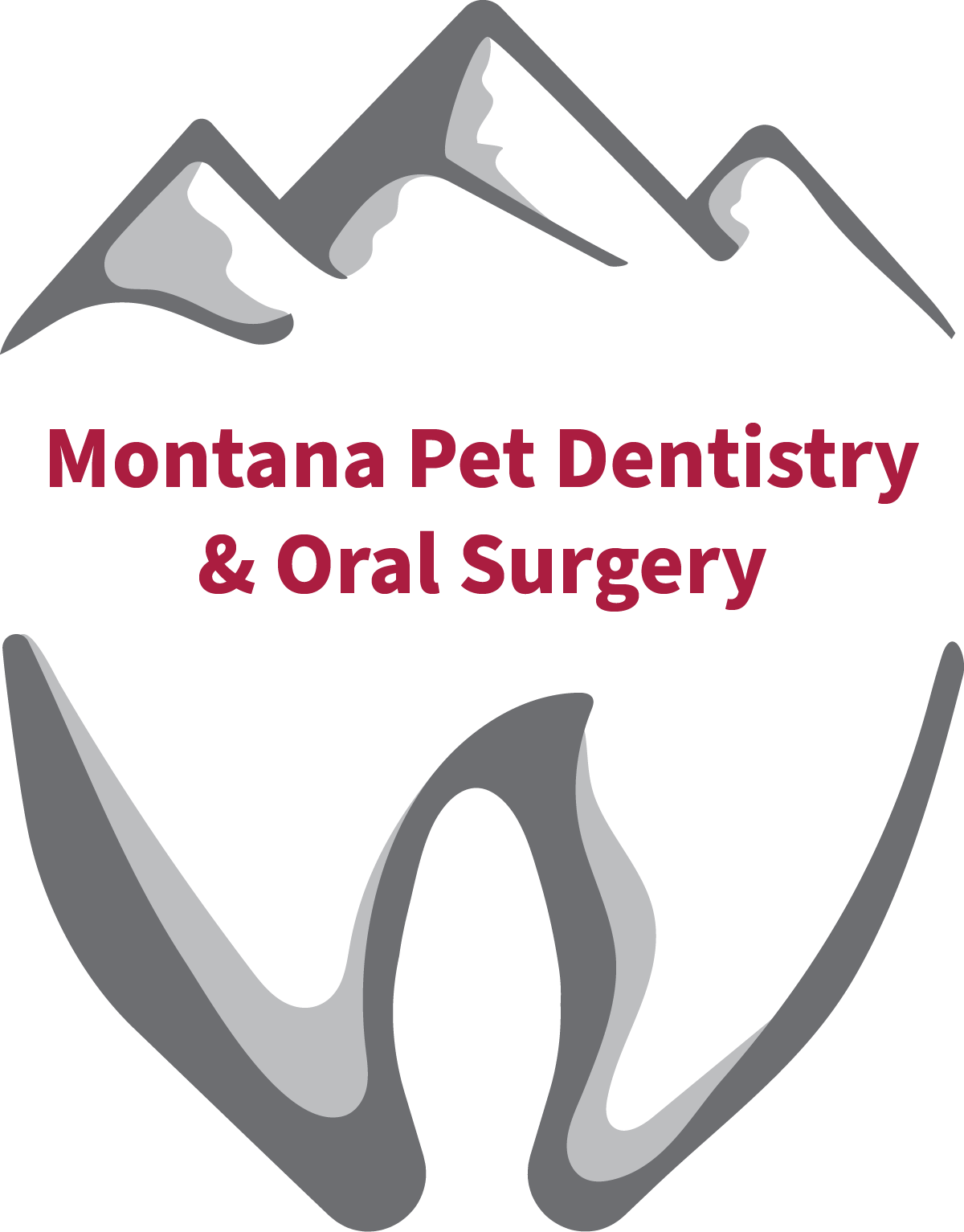It’s October, so hunting season is in full swing and will be for some time. And whether you go hunting or not, you may need to take some extra safety precautions.
Accidents happen, and hunting season poses risks for people and dogs alike. Like the hunters who thought that a husky was a wolf pup, others might mistake the rustling in the bushes for the animal they are hunting. There is also the risk of encountering traps or wounded animals, both of which can cause death or serious injuries. Here’s how to keep your dog safe.
Tips for Pet Safety During Hunting Season
If you have a hunting dog or live in an area with a lot of wildlife, it’s important to take some extra precautions during hunting season in Montana. Here are a few safety tips to follow.
For All Dogs:
- Unless you are on an established and busy trail, keep your dog on a leash or in sight and within voice control.
- Learn how to disengage common traps.
- Carry a multitool that can cut through wires.
- Carry a pet first aid kit at all times.
- Dress yourself and your dog in blaze orange. Standing out from the scenery will make your presence obvious to hunters and keep you from being mistaken for wildlife.
- Never let your dog ride loose in the back of your truck.
For Hunting Dogs:
- Watch out for weather extremes. In cold weather, a wet dog can quickly become hypothermic. Hunting dogs can also become dehydrated or suffer from heat exhaustion on unusually warm days. If you plan to spend extended hours hunting, make sure you have a place for your dog to rest and warm up or cool down, depending on the weather.
- Hunting dogs have a higher risk of getting bitten by a rabid animal or contracting parasites from dirty water or carcasses. If you’re taking your dog hunting, make sure they’re up-to-date on their vaccinations.
For Pet Owners:
- Knowing what animals, and type of hunting season Montana is in will help you make informed decisions about where to exercise your pet.
- Keep to non-hunting areas. Many recreation areas are off-limits for hunting and trapping, but there are still risks. Always stay alert, especially around boundary areas where you may be more likely to encounter a wounded animal or a lost hunter.
Training Could Save a Hunting Dog’s Life
Using a dog for hunting is dangerous if they are not properly trained. Untrained dogs could hurt themselves or others, or even be killed.
In Montana, it is illegal for dogs to chase down hooved game, regardless of their owner’s hunting license. Fines can reach up to $1,000, and law enforcement is within their rights to shoot a dog that is worrying or harassing hooved game.
Chasing down animals is not the only way that an untrained dog can find themselves in danger. Wild animals that are wounded are liable to lash out, and if your dog gets too close while tracking an injured animal, they could meet with an accident.
Hunting dogs must be able to obey voice commands at all times, and should always stay within sight range of their hunter.
Veterinary Dental Care Keeps Your Dog Healthy and Active
When dogs are in pain, they might not be up to a hike or a hunting trip. But if your dog is suffering from an infected tooth, they can’t tell you about it. Veterinary dental care not only reduces the risk of painful problems like gum disease and tooth loss, it can also help your dog live longer so they get to do more of the things they enjoy.
Montana Pet Dentistry and Oral Surgery is the best veterinary dentist in the state. Our staff and facility are equipped to deal with any dental problem, big or small. Contact us today to schedule a dental exam and teeth cleaning for your dog.
Images used under creative commons license – commercial use (10/12/23). Photo by Josiah Ness on Unsplash.
